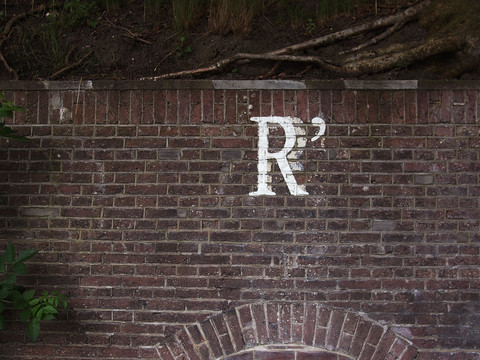From Over Yonder | by Carson Collins
- New Semantics

- May 18, 2019
- 3 min read
* Languages: Hindi, Southern dialecticism/slang in English
* Carson is a high school senior at Wake Christian Academy in Raleigh, NC. He is a NSLI-Y Hindi Summer 2017 Finalist (Indore) and a current China AY Semi-finalist. This piece is part of the NSLI-Y Alumni Insights Event.
“Buddyrow.”
A term of endearment; most closely refers to someone with which you share a kin-like connection. One of the few words heavily used in Southern dialect derived directly from Lumbee English.
“Yonder.”
Yonder can mean here, there, way over there, or way, way over there. Originated from my grandmother’s Southern drawl and pursed lips.
“Might could.”
My personal favorite of Cackalacky slang that means exactly what you would think it means. Gets extra points because of its classification as a “double modal,” or two verbs expressing a mood.
My Spanish teacher, Profe Corzo, constantly tells my four-person class, “¡Tienes que pensar en español, hijos!”, or, “You must speak in Spanish, children!” Just as I try to heed her advice when I converse in other languages, these three words are simply just that to me — three words that require no predetermined thought, that are ingrained in my personal lexicon. If my grandmother calls me from “over yonder,” I come.
I had never, up until two years ago, questioned my identity in a broad sense. Like many other white North Carolinians, my racial and ethnic identity had become lost in obscure assumptions of 20% Czech heritage, a faux dash of Cherokee, and the rest just “American.” But, if I had known that my Southern drawl was “lulling, handsome, and smooth,” I “reckon” that I’d have embraced my Southern identity much sooner.
Furthermore, as I spent six weeks in India with seven other American students to learn Hindi on a State Department-funded scholarship program in the summer of 2017, those adjectives are the exact descriptors I garnered about my Southern way of speaking. I ventured to Indore, India, with the sole intent of achieving a level of intermediate proficiency in Hindi. Little did I know that, while I was learning Hindi sentence structure, I would simultaneously be learning regional dialectal slang from my newly acquired friends. Indeed, their patois became mine, and mine, theirs. I incorporated words into my vocabulary like “hyphy” meaning exciting or fun, from Lizzy, who hailed from the Bay Area. From my friend Fatou, I acquired New York City slang, such as “tight” and “brick,” meaning upset and very cold, respectively. When I offered up my “might could” for implementation, I was given snickers in return. Nonetheless, it was intriguing to see my day-to-day words equally embraced. Not only was I surrounded by linguistic diversity for the first time in my life, I also contributed to this diversity myself.
Hearing this regional dialecticism being unknowingly embraced by my newfound companions caused me to search and delve deeper into Carolinian dialect and diasporic history. I even surprised my own father, a tried and true Carolina Tar Heel by birth, with factoids about our dialect. I read into theories of r-lessness, or literally, the dropping of the letter r, a feature sporadically heard in my own grandfather’s Appalachian speech. R-dropping itself was caused due to an anomalous societal juxtaposition of southern bourgeoisie and slavery. Prior to commonly accepted thought, r-lessness is quite a paradox; Africans who were stolen and brought to the States, and the South, especially, in the 1700s were the first to initiate this linguistic feature into the Southern English of today. Essentially, in the world of sociolinguistics, North Carolina is dialectal heaven.
It’s odd to think that my lingual “awakening” occurred halfway across the world, and while learning Hindi, no less. Yet, being in a community where regional cultures were so embraced caused me to do the same, and ignited a curiosity for linguistic intricacies in my home state. Understanding the social and political connotations associated with dialecticism and regional slang has not only triggered me to probe into this intensely intriguing diasporic inquisition; it has also caused me to embrace my “Cackalacky” legacy.
So, next time I hear my grandmother call me from “over yonder,” I’ll remember who I am and will always be: a North Carolinian.
Meet the Writer!
Carson: "I am a high school senior living in Raleigh, North Carolina. I actually started becoming heavily interested in language learning in my 9th grade Spanish 1 class. From there, I've branched out and studied French, Portuguese, Hindi, Chinese, Japanese, Hausa, and a few other languages, all to varying capacities! My favorite pastime is protesting Duolingo."
If you want to learn more about language, make sure to check out Carson's linguistics podcast, Dabble in Babel! Stay tuned for our next post for an exciting guest (hint: a Linguistics professor interview!).













Comments